Corporate Travel Safety Tips: 6 Essentials Every Employee Should Know

In the post-pandemic era, travel safety tips have never been more important. With increased risk awareness, corporations and business travellers alike are taking precautions to stay safe while on the road. In this post, we’ll be outlining some key travel safety tips for corporate travel. From safeguarding against health risks to protecting yourself in an emergency, read on for all the information you need to stay safe on your travels!
1. Protect yourself from health risks while travelling
Travelling can be a lot of fun, but it can also be risky. Make sure you take precautions to protect yourself from health risks while travelling. Drink plenty of fluids, and wear appropriate attire with perhaps a sunhat and sunglasses where necessary. Also, follow these safety tips to minimise your risks:
- Be sure to get vaccinated against any dangerous diseases you may be exposed to, and monitor your health closely.
- Avoid large amounts of caffeine and processed foods.
- Check the climate and weather conditions at your destination before travelling.
- Take precautions against mosquito bites, including using insect repellent and wearing long-sleeved clothing.



2. Corporate travel security and emergency plans
When travelling, it is important to stay safe and sound. That’s where corporate travel security comes in as it can help mitigate any potential risks for an overall worry-free trip. Make sure you have a travel security plan in place and be sure to familiarise yourself with your company’s emergency contact information. Corporate travel security and emergency plans are important for a number of reasons:
- First, they help ensure that your employees are safe while they’re on business trips. This is especially important in the event of a natural disaster or terrorist attack, which could cause disruptions to your operations.
- Second, they help to ensure that your company is ready for actual emergencies. This might include sheltering arrangements for employees, providing food and water supplies, and even activating your evacuation plan.
- Finally, having a corporate travel policy in place can help your company’s reputation by ensuring that any allegations of wrongdoing are cleared up quickly, and mitigate any controversies which may arise.
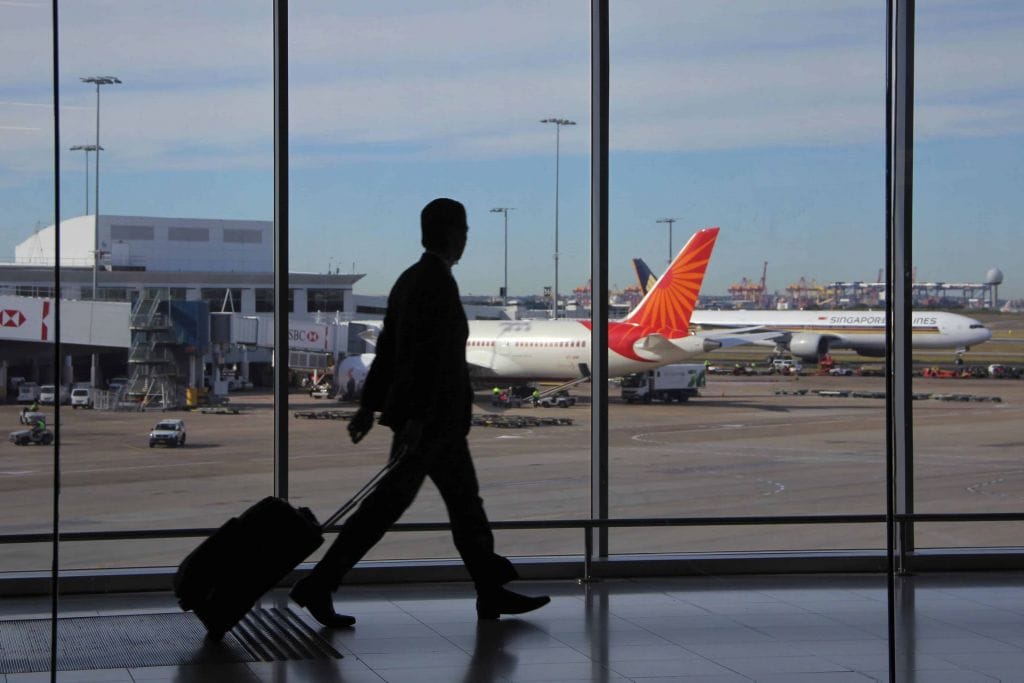


3. What to do if you get detained during a corporate trip
If something unexpected happens during your corporate trip like getting detained, it can be a pretty stressful experience. The best way to deal with detention is to remain calm and respectful. Do not argue with the authorities or make things worse. Keep your information confidential—you may or may not be obliged to provide your personal information such as your passport or contact details.
Make a list of your rights (including the right to an attorney) and keep it handy, so you know exactly what you are entitled to. Be sure to ask for help if you don’t understand what is happening or if you feel threatened or uncomfortable. In short, if you are detained, remain calm and politely ask questions.
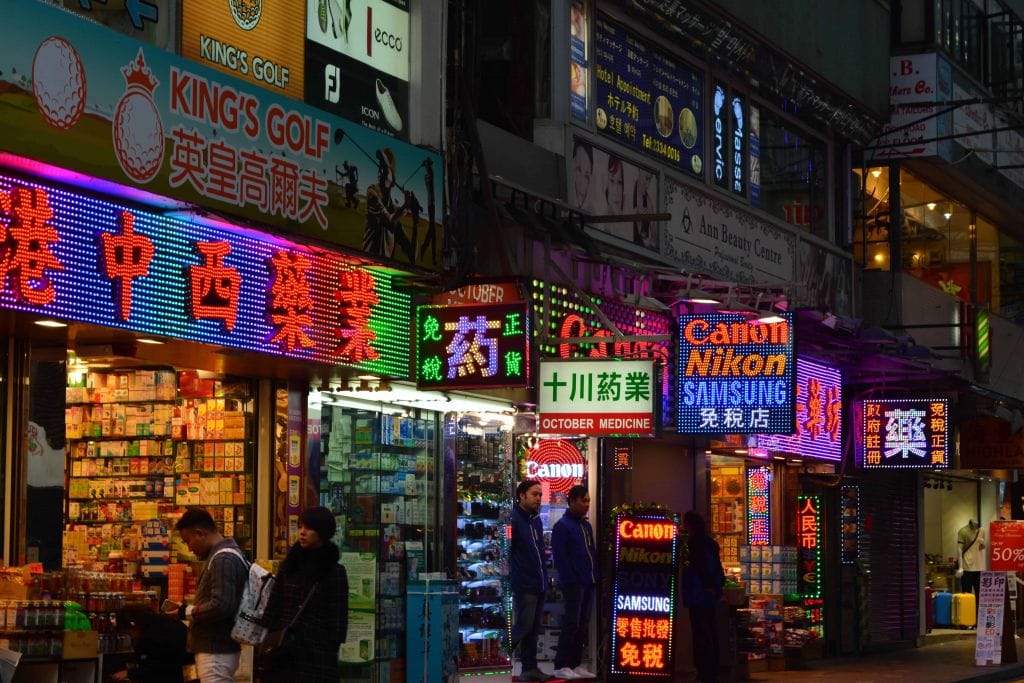


On that note, language can be something of a survival skill, especially in non-English speaking countries. Being able to communicate with the locals can be handy, and even vital if you find yourself in a difficult or dangerous situation.
4. How to prevent identity theft while travelling



Identity theft is a serious problem with serious consequences. There are a few simple things that you can do to help protect yourself from identity theft while travelling for business. Secure your online accounts. Use strong passwords and security questions for your business accounts. Be vigilant with your credit card transactions and report any suspicious activity immediately to your credit card company or police if something feels off. Additionally, make sure all your financial transactions are done through reputable channels to reduce your chances of being scammed.
5. The importance of travel insurance
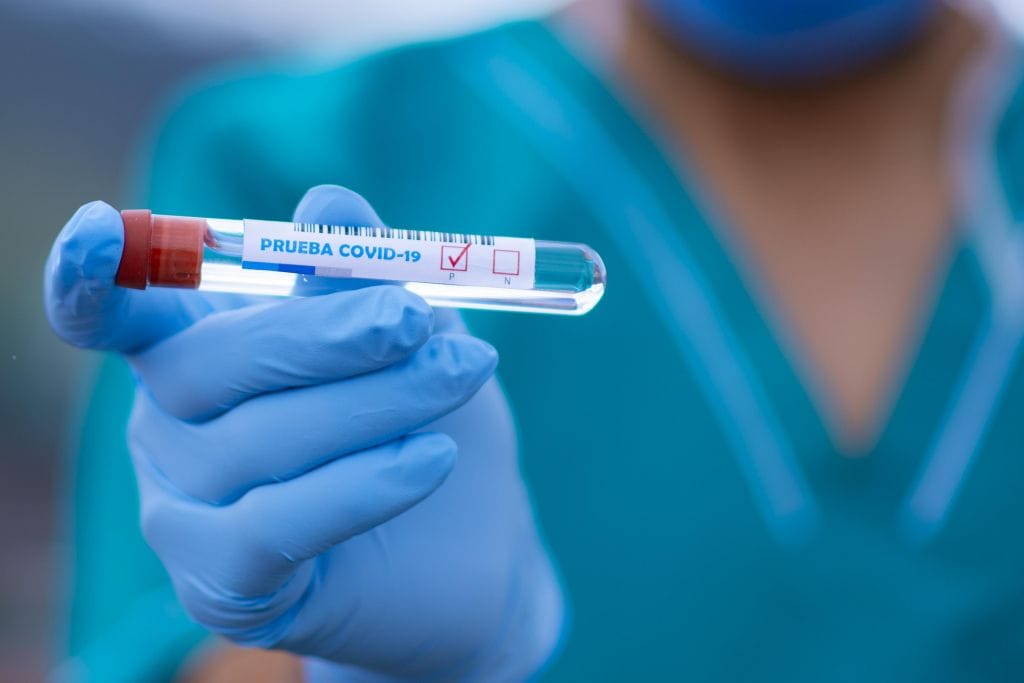


When it comes to travel, safety is always at the forefront of the mind. No one wants to experience any accidents, and travel insurance can help mitigate potential problems. Make sure you understand your coverage and be sure to get quotes from different providers to find the best insurance deal for you. And it’s not only for medical reasons. Travel insurance also helps cover the costs of cancelled flights, misplaced luggage, replacing lost items, and even transportation back to your home country—all of which can be frustrating and expensive ordeals.
6. How to stay healthy during long corporate trips
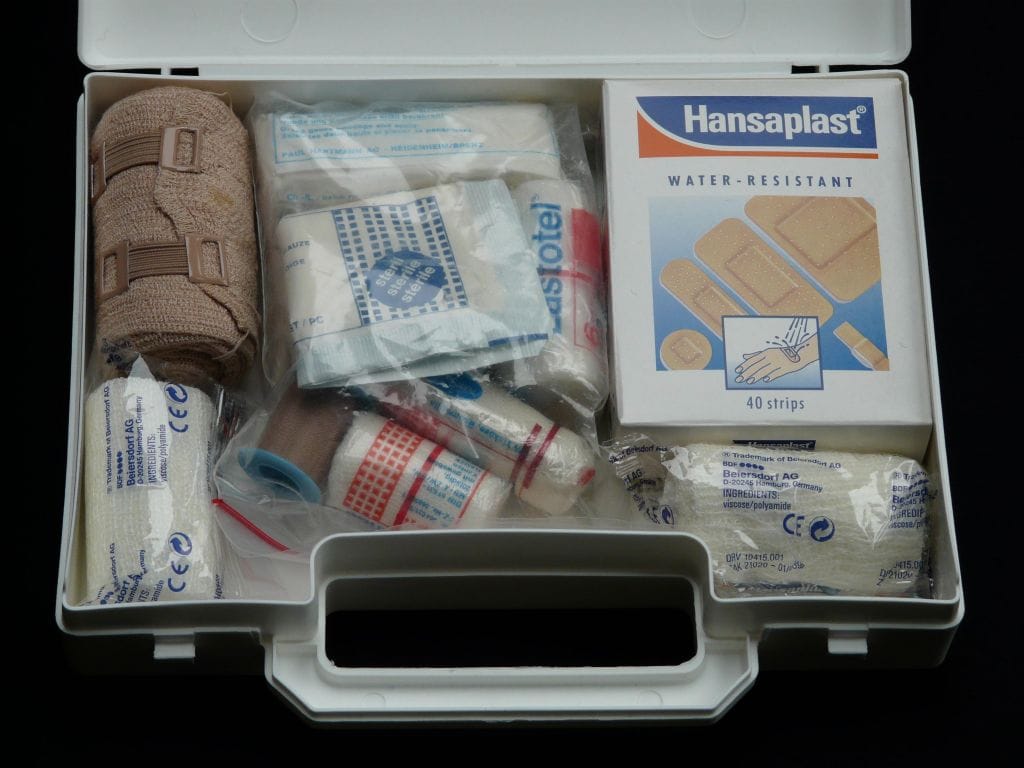


Maintaining your health during long corporate trips can be a challenge. But with a little bit of preparation and good planning, it can be easy. For starters, make sure to get plenty of exercises. This will help you stay fit and energised, and mitigate fatigue or jet lag. In addition, schedule time for rest and relaxation to ease symptoms of travel-related fatigue. Pack snacks and drinks that are high in water content to combat dehydration. Overall, a bit of effort can go a long way in keeping you healthy during a long trip.
FAQ on Business travel safety tips
- Wash your hands thoroughly with soap and water before and after touching food, particularly if you are sick.
- Avoid touching your face or eating unwashed food.
- Stay alert at all times and avoid isolated places.
- Avoid walking alone at night and be mindful of your surroundings.
- Report any suspicious activity or items to local authorities.
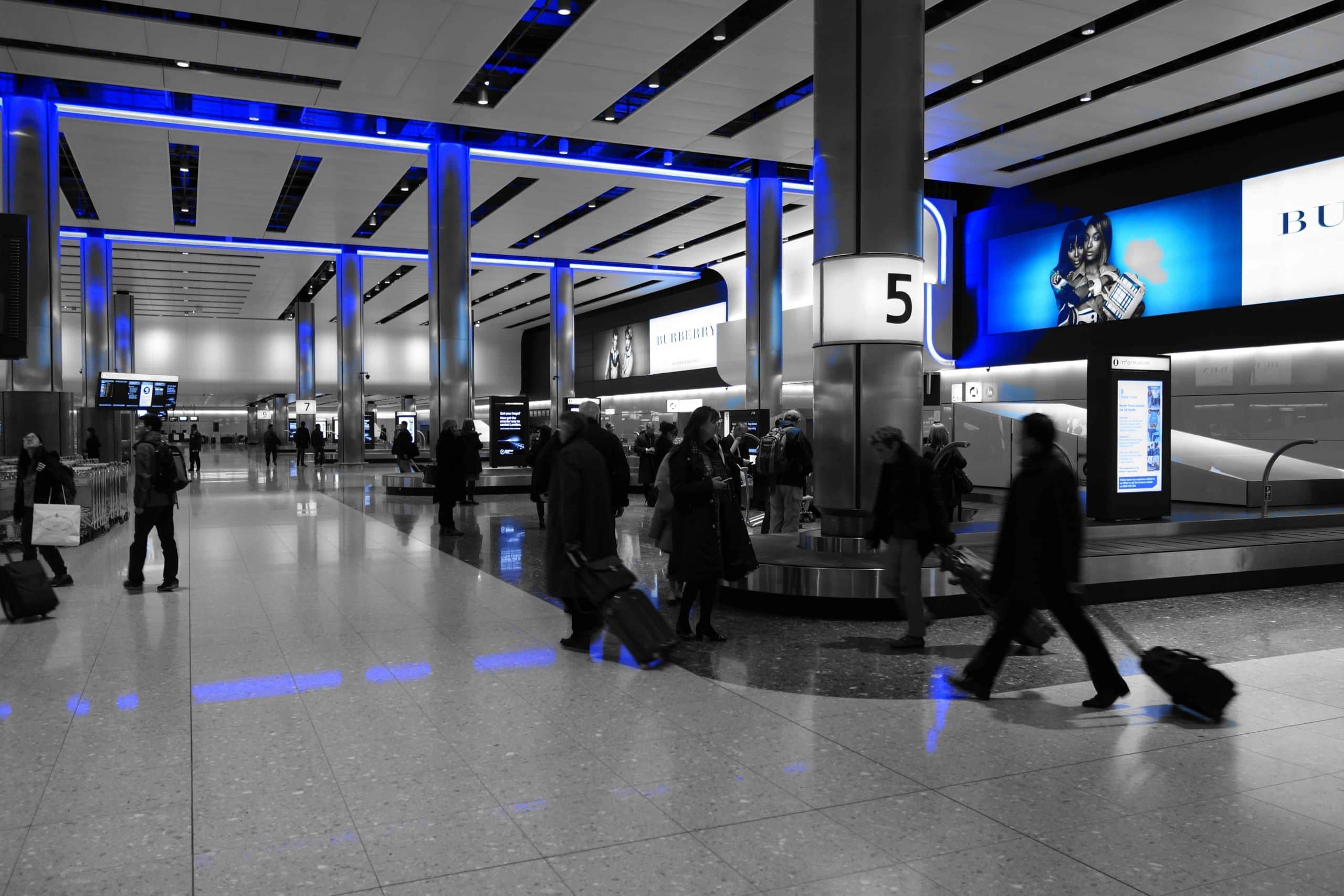


What are common dangers I should watch for when travelling for work?
Some common-sense precautions you can take include: avoiding public transportation at night and staying informed on precautions specific to your location. Beyond personal dangers such as theft and assault, you should also be aware of physical dangers such as when driving. There’s a higher risk of getting into an accident especially if there are reckless drivers in an area which you are unfamiliar with.
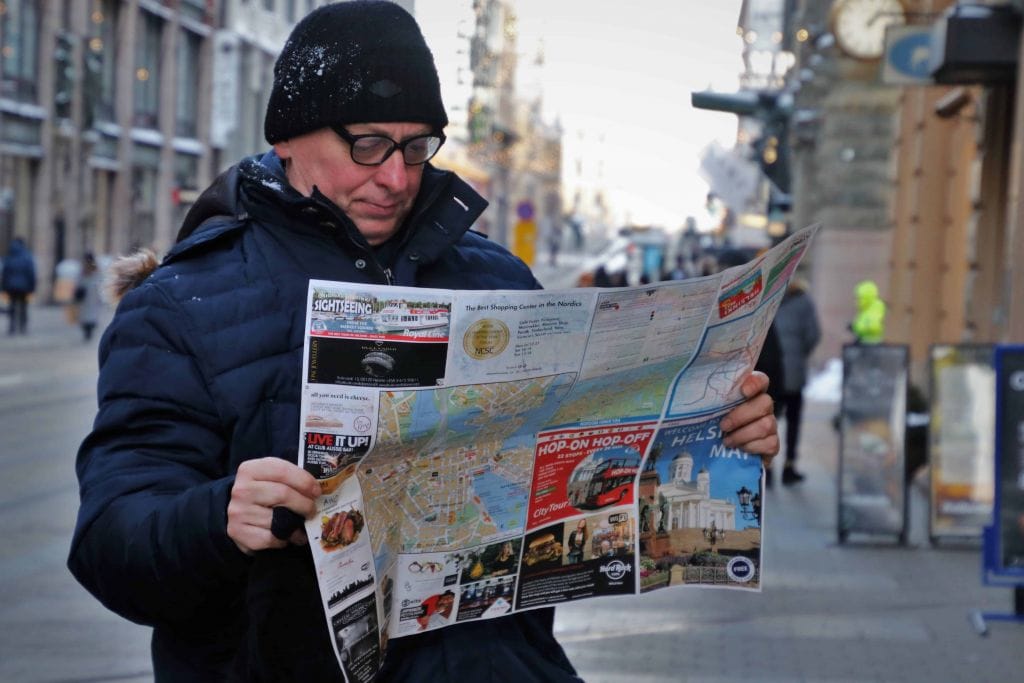


What should I do if I’m a victim of a crime?
If you are a victim of a crime while travelling, first contact your embassy or consulate for assistance. Then alert your company’s security team or your hotel’s security. If you have any video recordings or photographs of the crime, make copies and store them in a safe place. Take all the details of the crime, including any eyewitness accounts, and report them to the police.
Remember that you have the right to file a police report even if you’re not physically injured. This will help authorities track down the perpetrator and can provide valuable evidence in court. Finally, don’t hesitate to reach out for support from your company or hotel as they may be able to provide additional resources or assistance.



Are there any digital precautions I can take?
Advances in technology make a lot of things easier, but also come with their own risks. For example, contactless credit cards and other identification cards should be shielded with an RFID-protected wallet. Similarly, take care not to leave your passport and travel documents unattended. Your work devices are presumably online, and beyond just helping you find your way, they can also be used to track your location and movements.
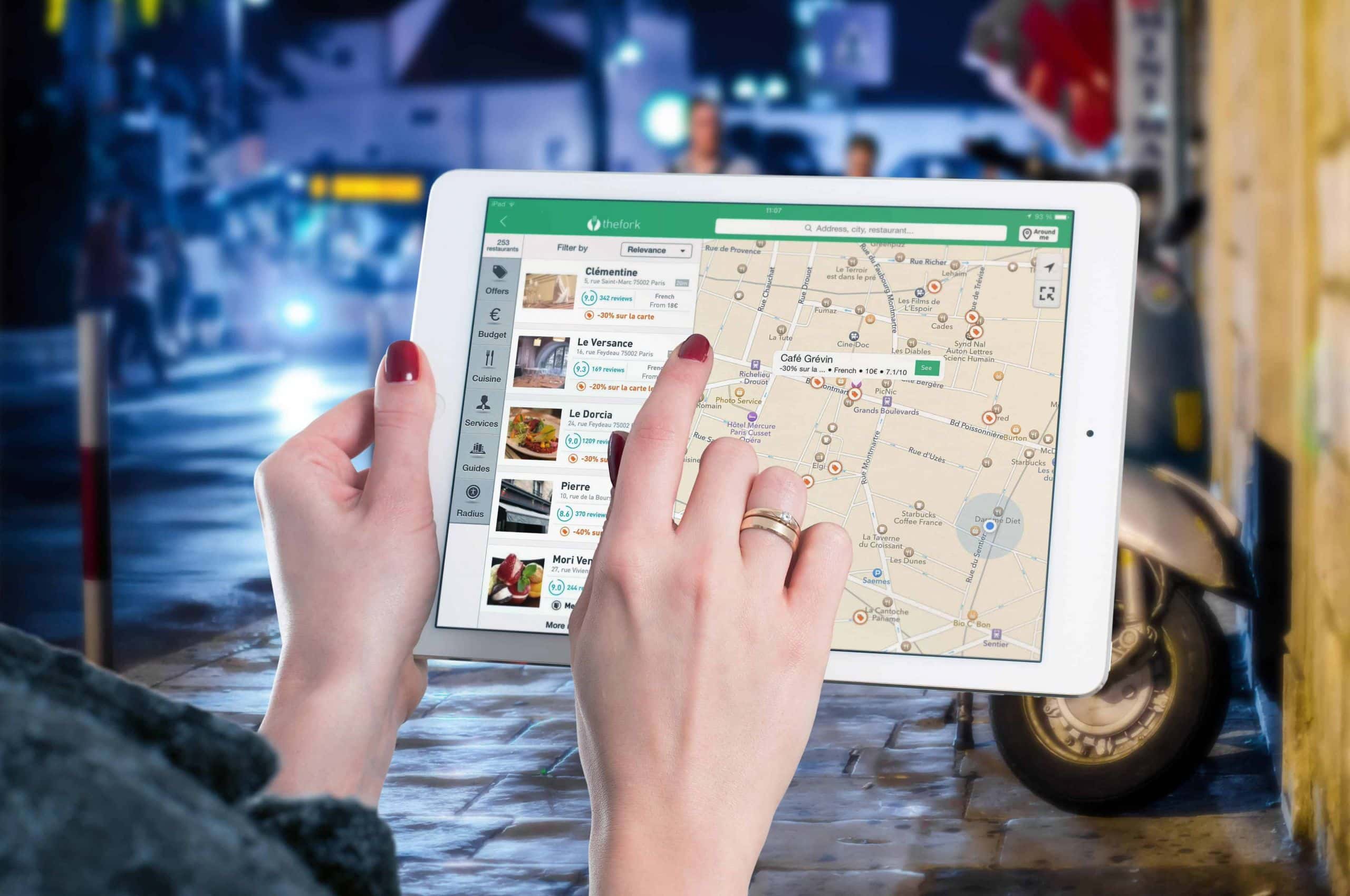


Are you looking for a trustworthy travel safety program? Look no further! With 288 airline members and 80 embassies in Malaysia, backed by a 24/7 global support network, the Holiday Tours network can assist you from almost anywhere in the world. We work closely with the MATTA – Travel Safe Malaysia program. Our stringent health and safety protocols and processes have been awarded the Hygiene Excellence and Safety Label. Being safe is our number one priority, so you can travel with peace of mind. Find out more about our Travel Safety Promise.
PLANNING a business travel program? LET US HELP
REACH OUT TO US AT +603 2303 9100 OR
[email protected]
You may also be interested in:
